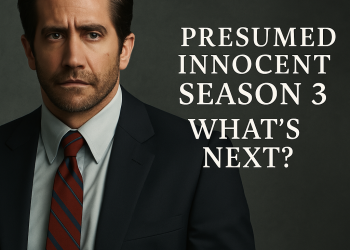Los Angeles, CA – April 3, 2025 – The legal showdown between actress Blake Lively and Wayfarer Studios LLC has reached a critical juncture, with Wayfarer’s response to Lively’s motion to dismiss due today. The case, Lively v. Wayfarer Studios LLC (1:24-cv-10049), has drawn significant attention due to its complex jurisdictional arguments and the involvement of high-profile Hollywood figures, including Lively, her husband Ryan Reynolds, and Wayfarer’s Justin Baldoni. Legal analyst Leanne Newton (@kiarajade2001) shared insights on X, outlining potential strategies Wayfarer’s legal team, led by prominent attorney Bryan Freedman, might employ.
Wayfarer’s response for Lively’s motion to dismiss is due today.
I will be covering it, even it requires another all-nighter.
I’m curious to see how Wayfarer argue the jurisdiction and the privileges. Bryan Freedman must have anticipated this and has a few options available to…
— Leanne Newton (@kiarajade2001) April 3, 2025
Newton, who has been closely following the case, noted that Wayfarer faces several strategic options. One possibility is that they proceed confidently under California law, challenging Lively’s claims by focusing on the legal definitions of sexual harassment and malice. Alternatively, they could withdraw their defamation claim—tied to Section 47.1—and pivot to other claims like false light, which might still allow Lively to be deemed the prevailing party, potentially entitling her to significant damages and legal fees. Another option involves negotiating with Lively’s team, possibly dropping the defamation claim in exchange for a settlement that would prevent Lively from securing prevailing party status. Lastly, Wayfarer might argue for California law on most claims but push for New York or New Jersey law to apply to the defamation portion, complicating the jurisdictional landscape.
The case stems from a dispute involving allegations of sexual harassment and defamation, with Lively and Reynolds filing an amended complaint against Wayfarer Studios, Baldoni, and others. Court documents from CourtListener reveal a flurry of motions, including Lively’s motion to dismiss Wayfarer’s first amended complaint, as well as requests for attorney fees and motions to strike. The docket also shows ongoing procedural challenges, such as filing errors and summons issues involving parties like The New York Times Company and Vision PR, Inc.
Legal experts suggest this case could set a precedent, particularly if Freedman contests California’s jurisdiction under the relatively new Section 47.1. As Newton pointed out on X, “the tension is off the scale” due to the law’s novelty, potentially making this a landmark case. With both sides digging in, the entertainment industry and legal community are watching closely as this high-stakes battle unfolds.















